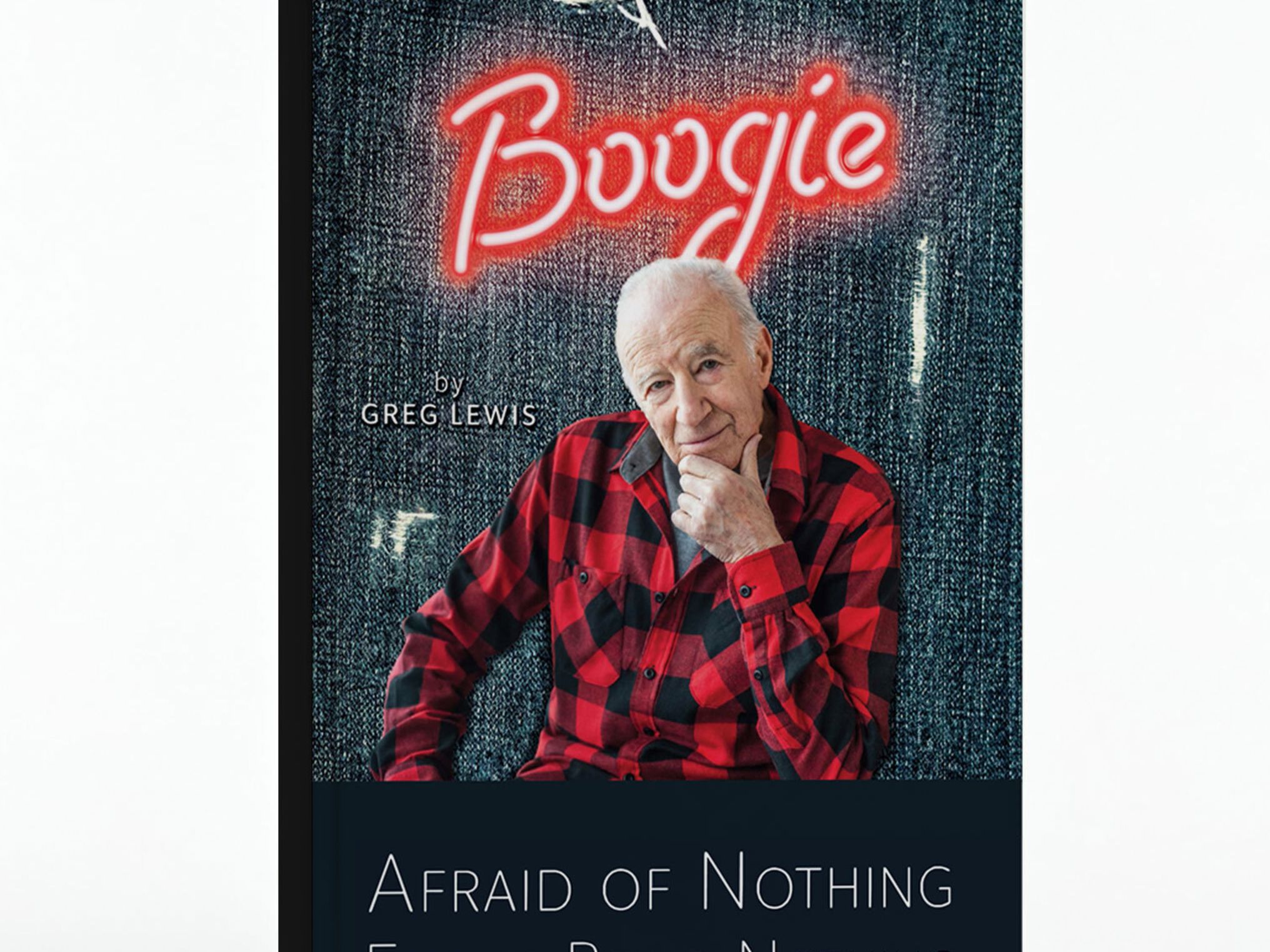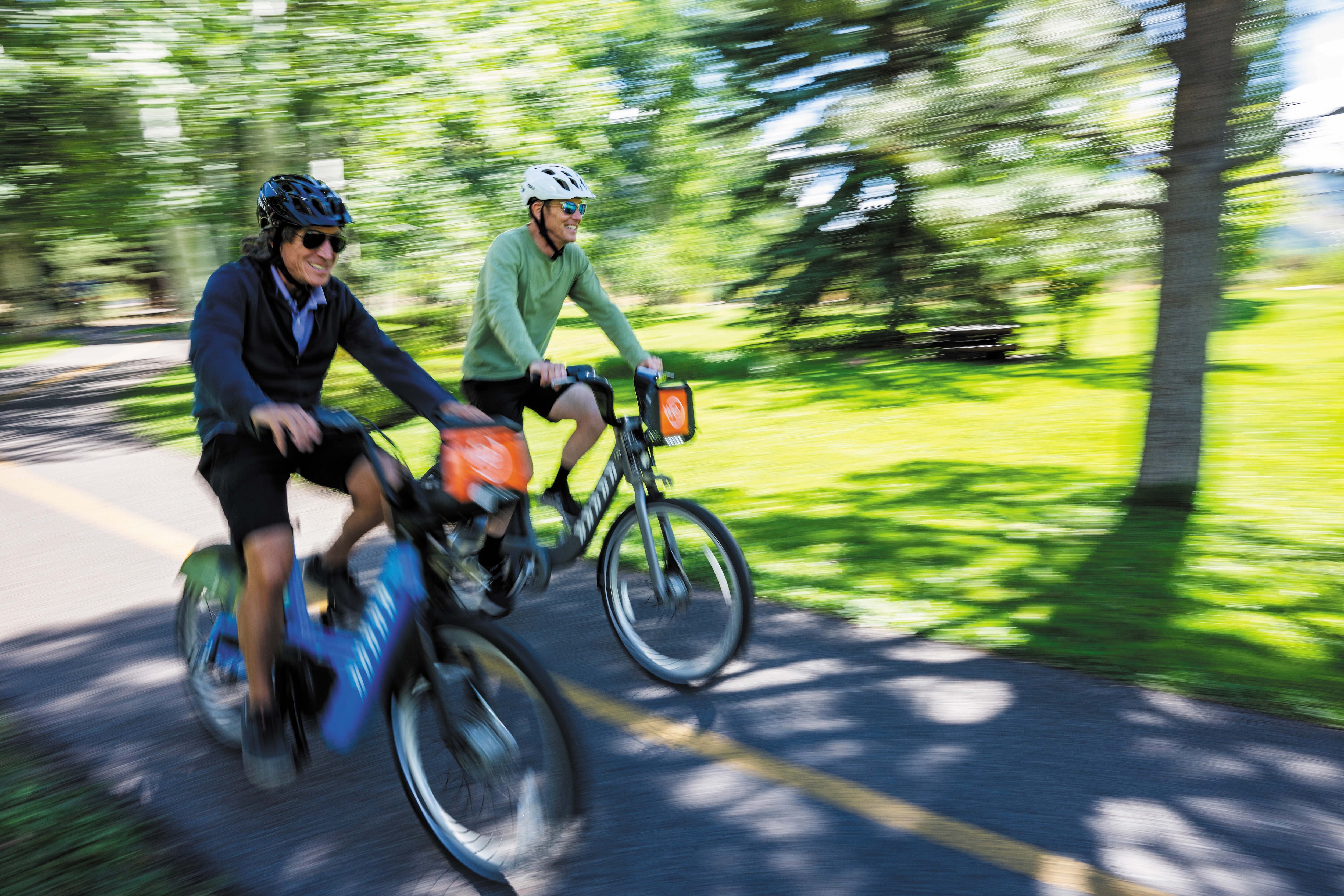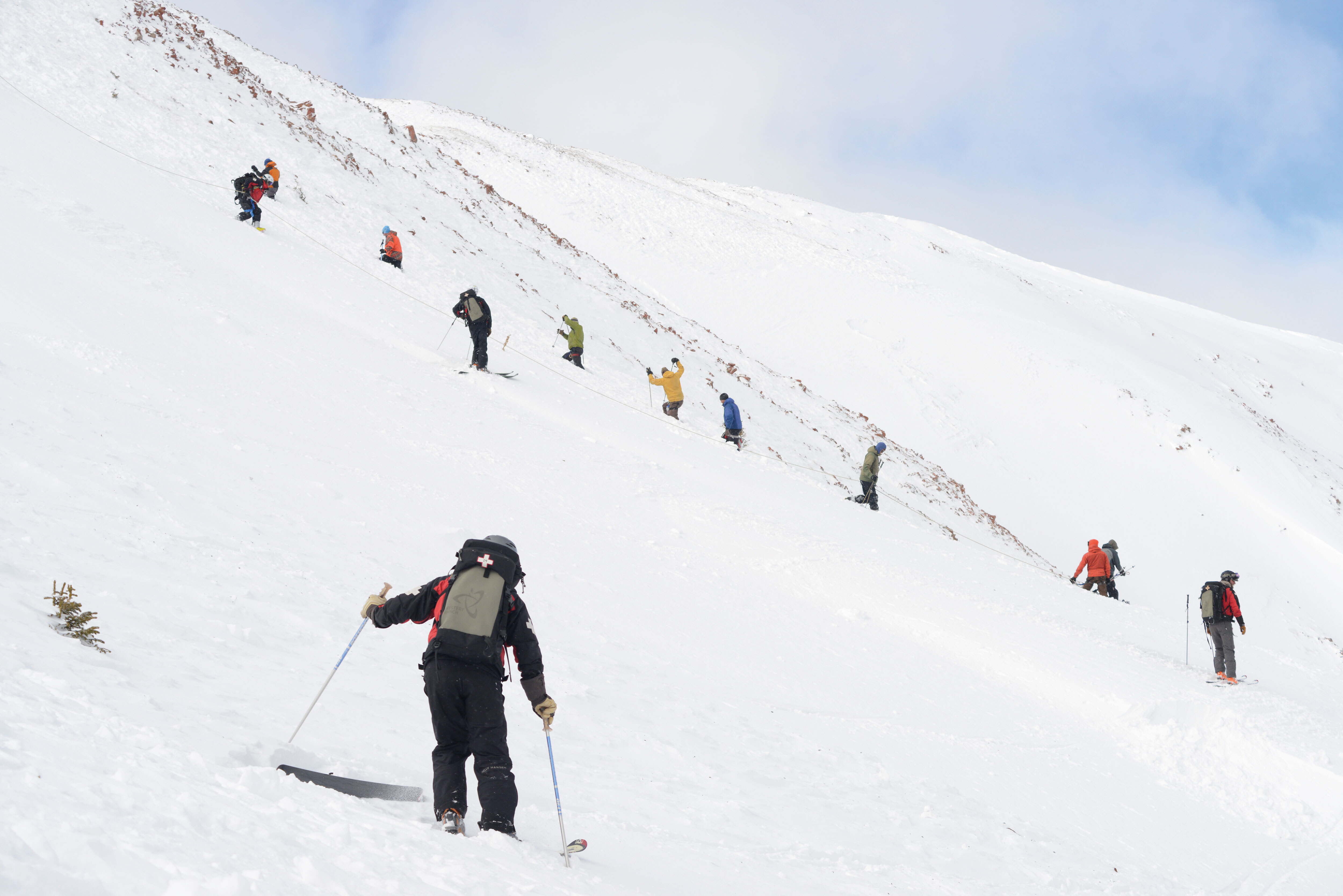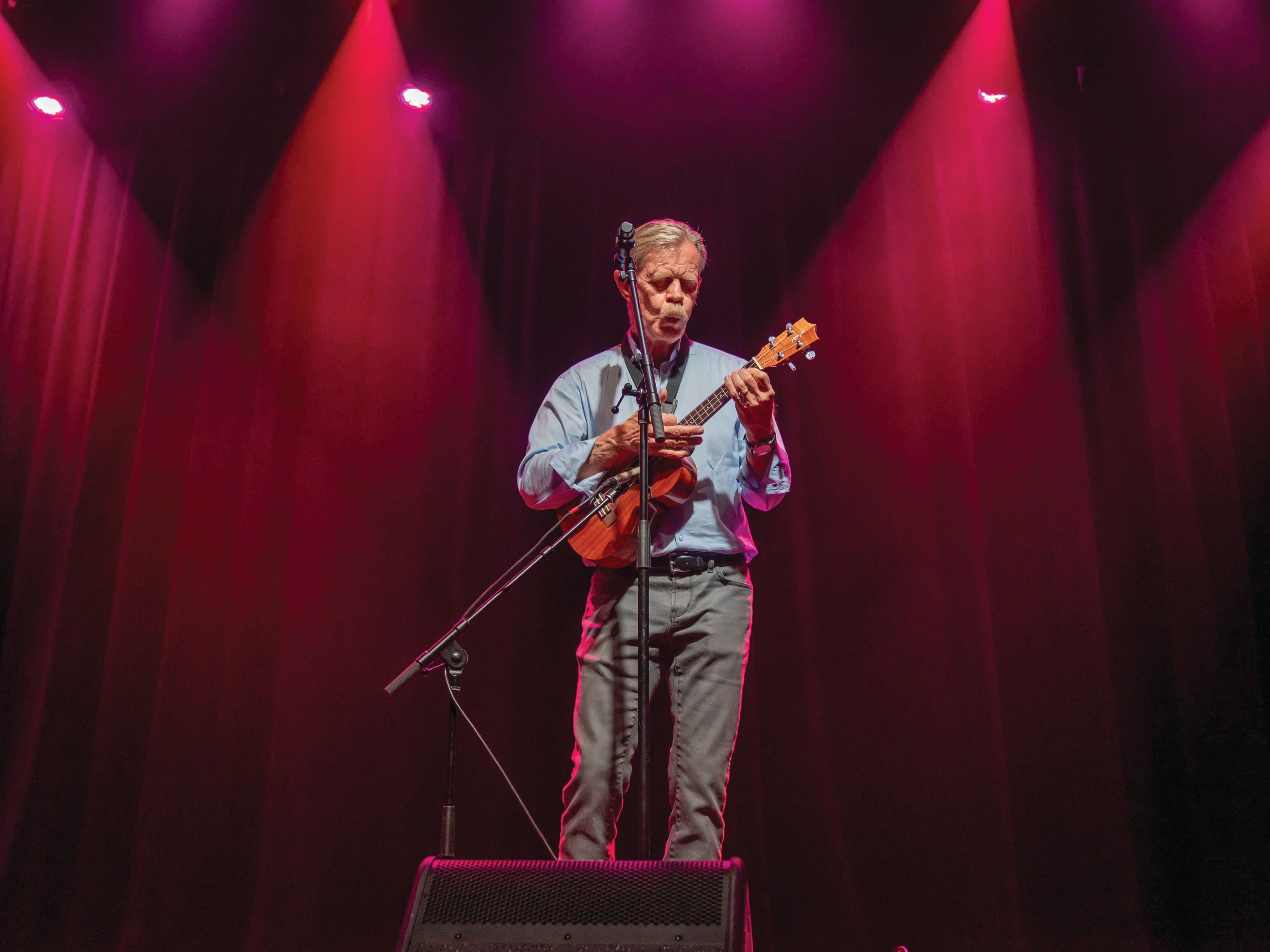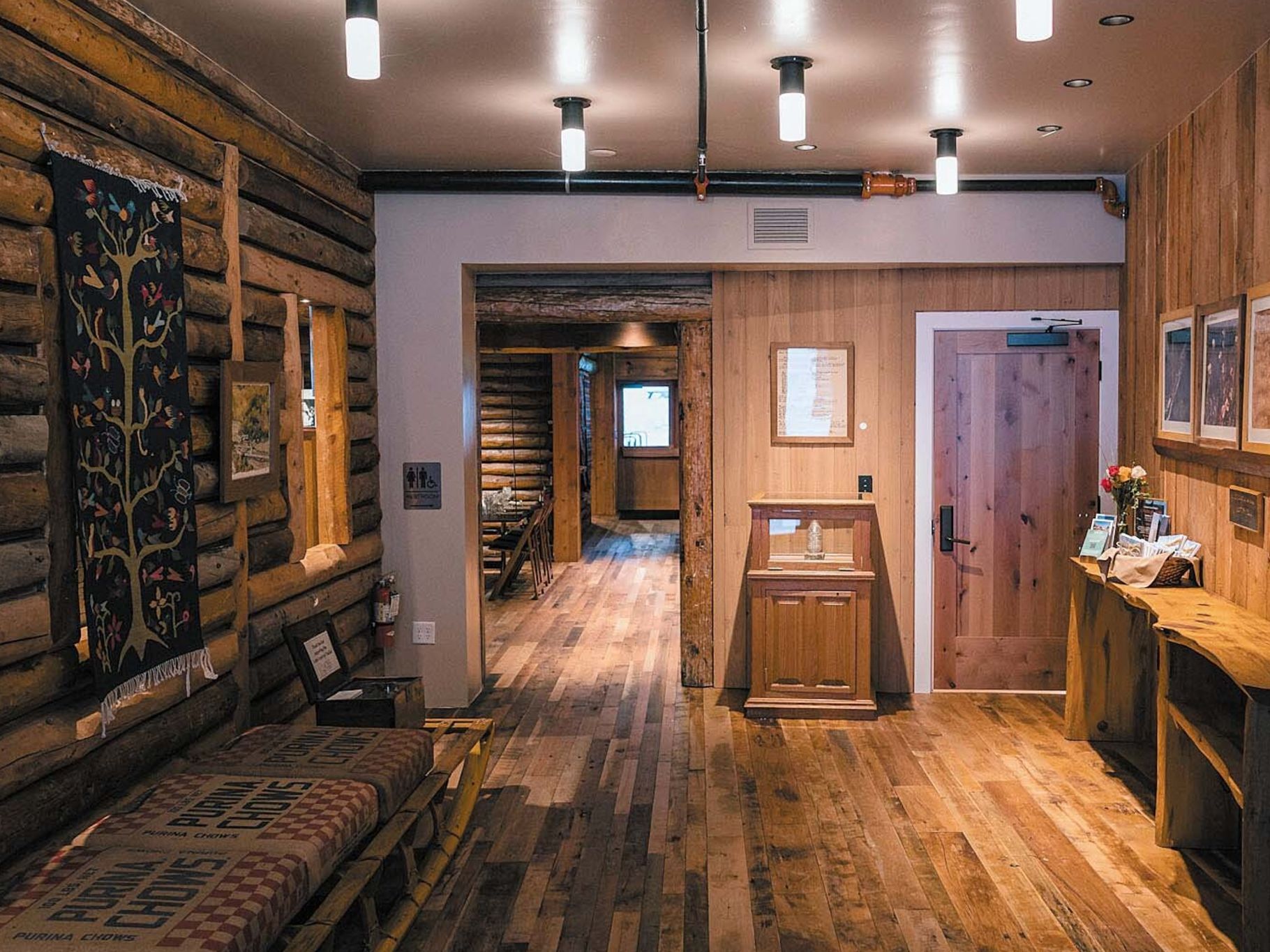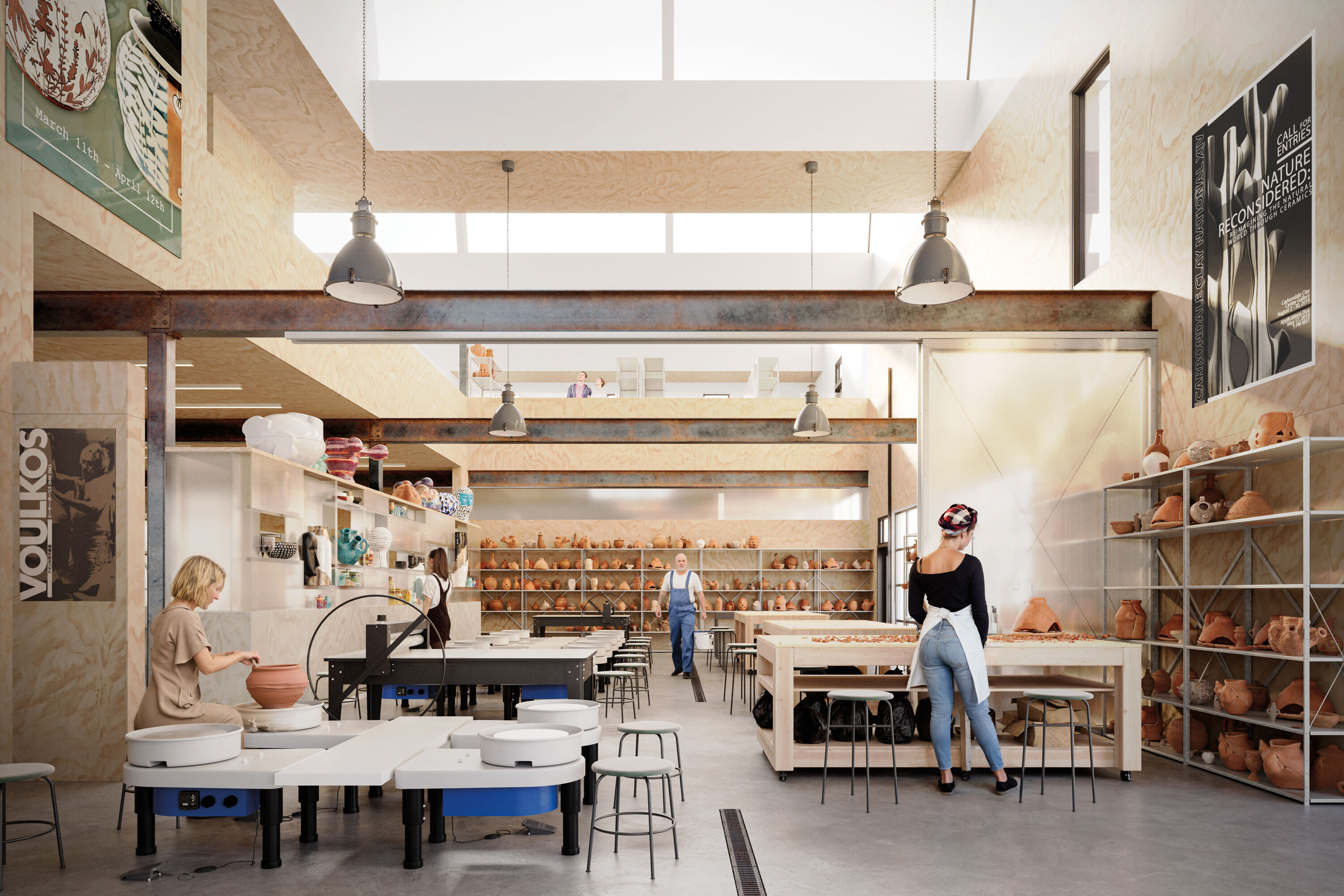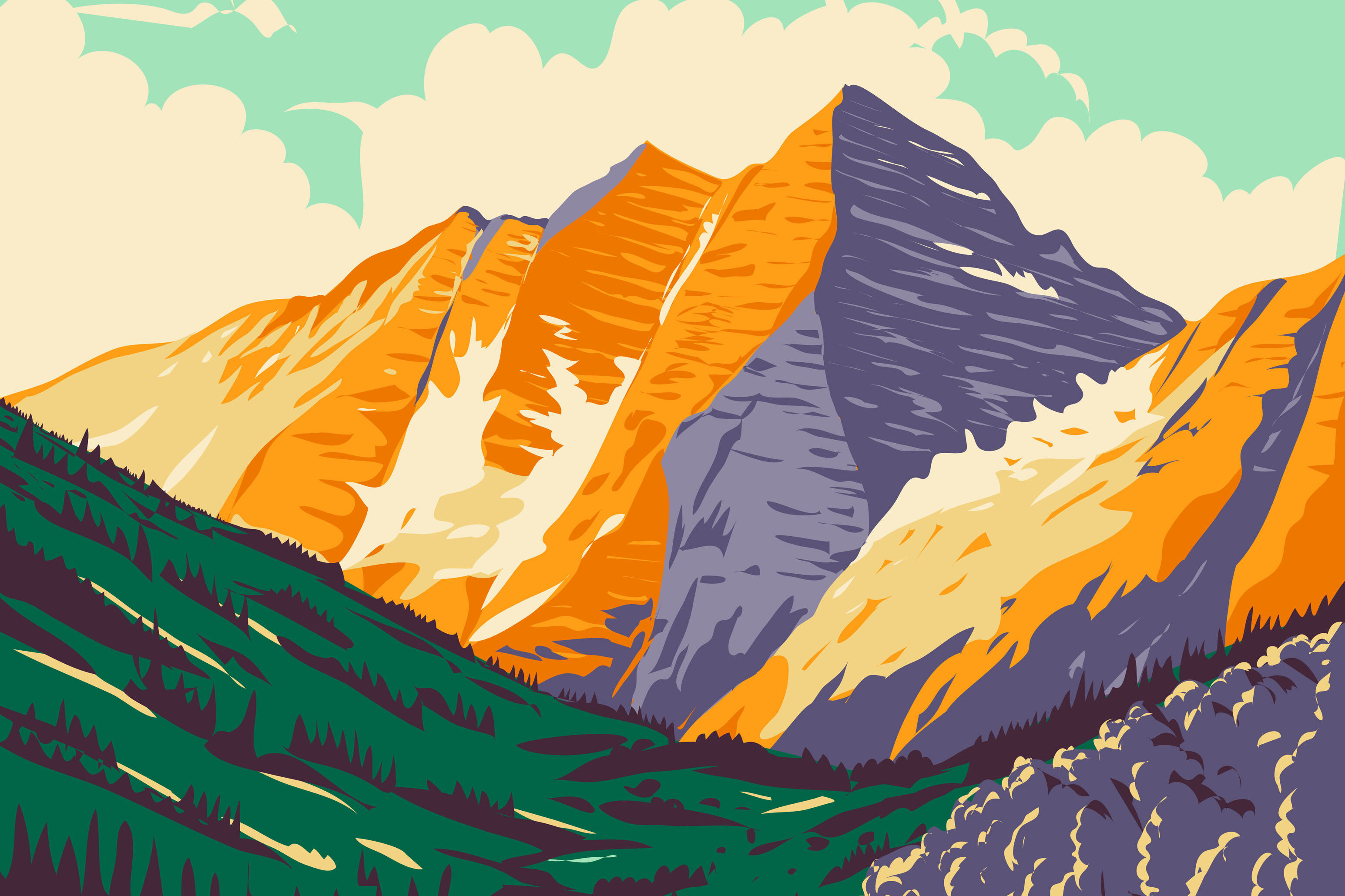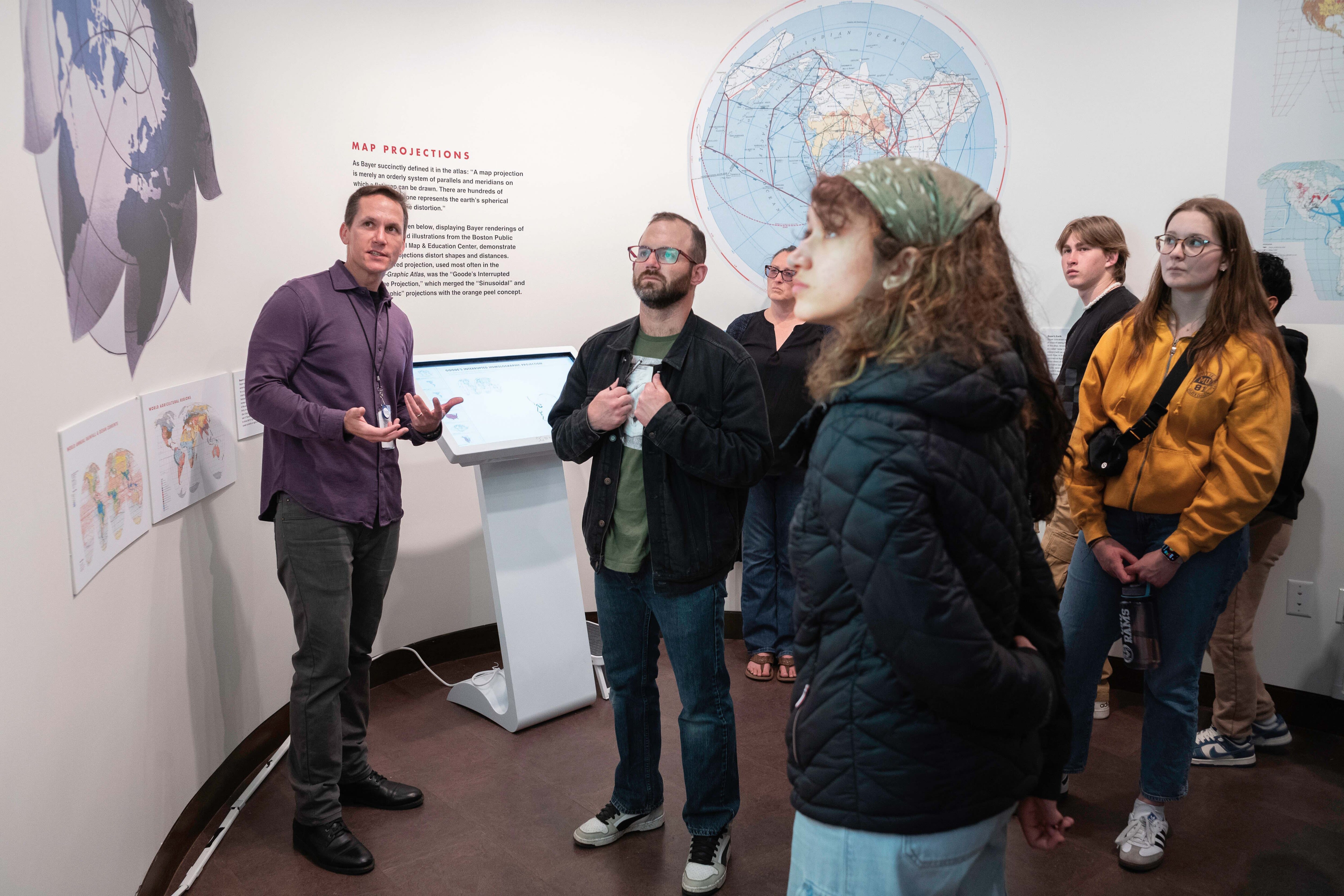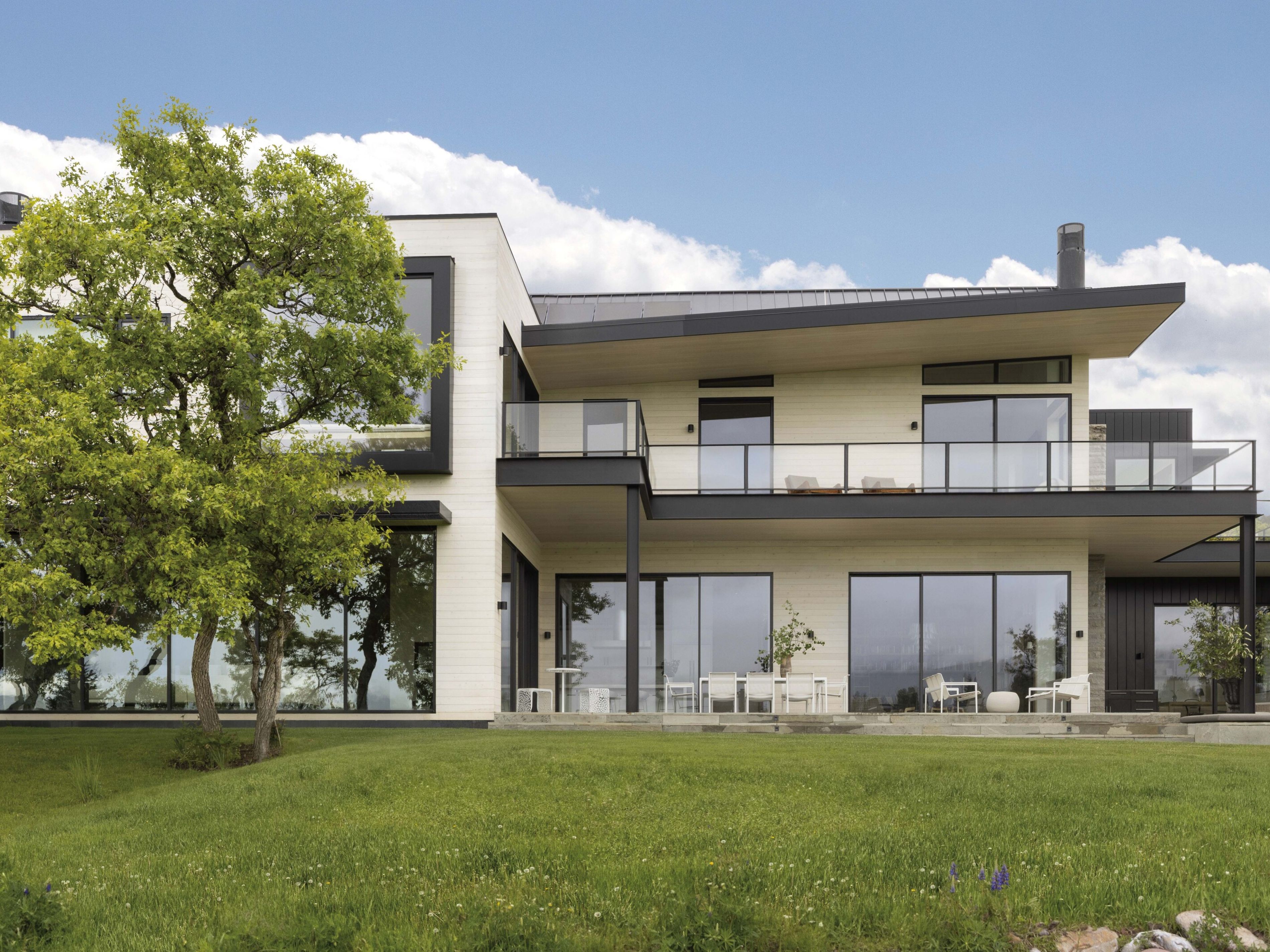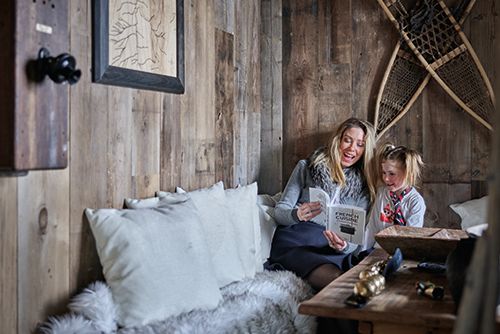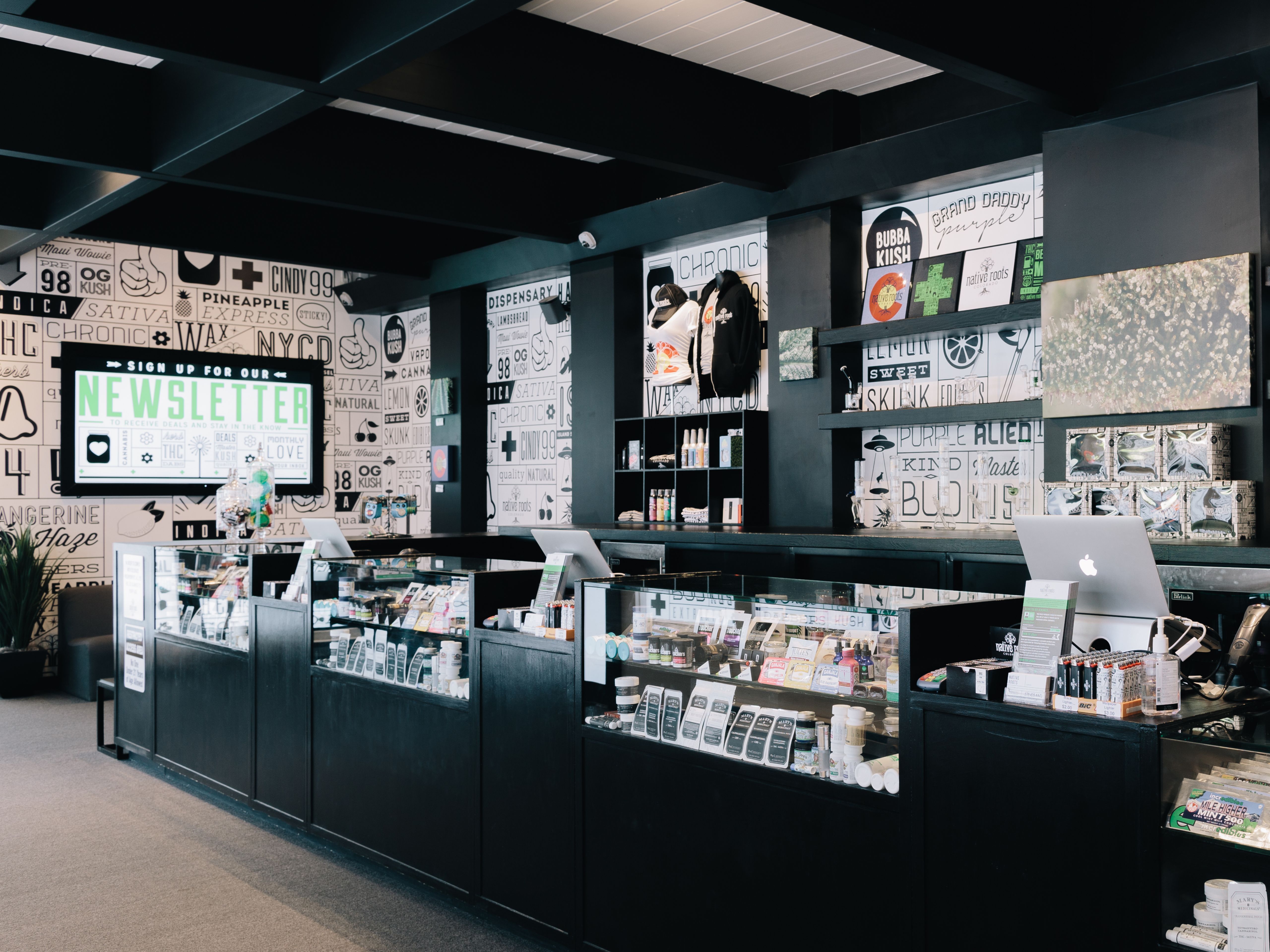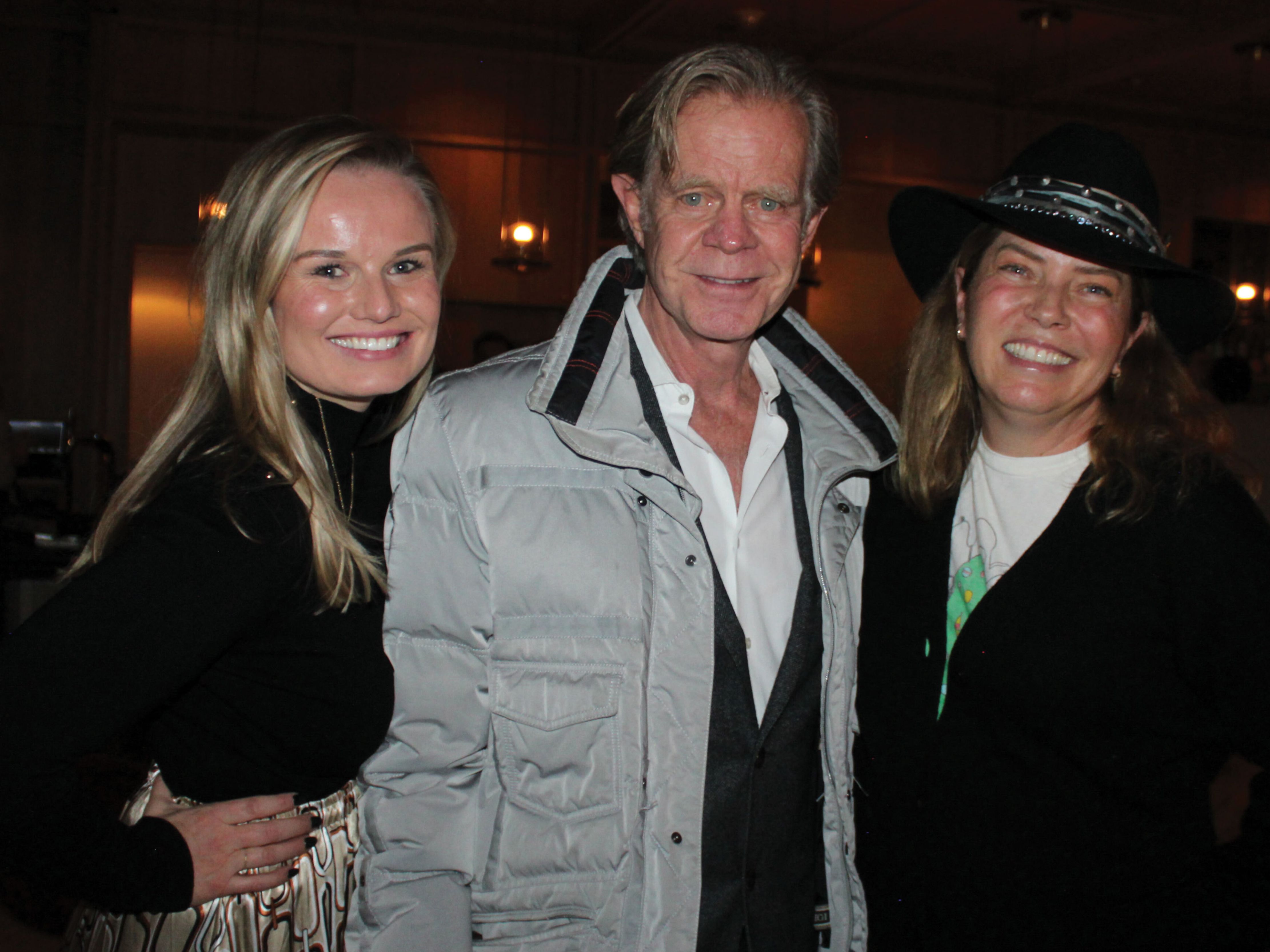A Q&A with Annie Leonard, the Executive Director of Greenpeace USA
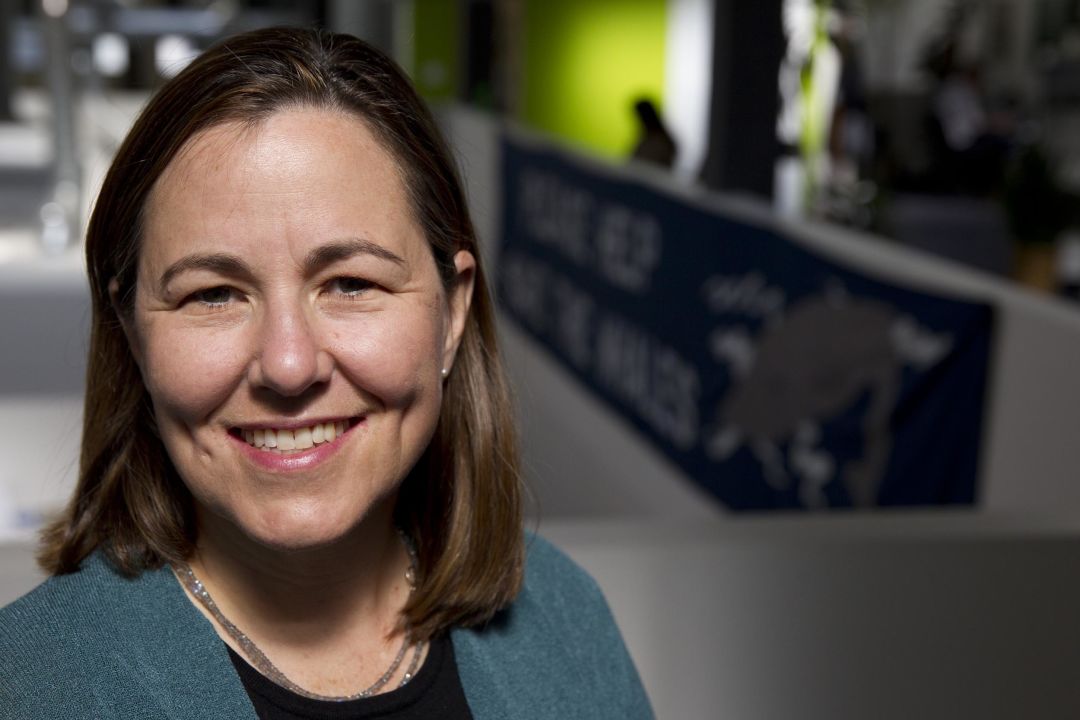
Environmental pioneer Annie Leonard was in Aspen to speak at ACES' annual benefit.
Last week Annie Leonard, the executive director of Greenpeace USA and the creator of The Story of Stuff and The Story of Stuff Project, was in town to speak at the Aspen Center for Environmental Studies' annual summer fundraiser, An Evening on the Lake. We sat down with Leonard before dinner to learn more about her ideas for creating a more sustainable future. Our biggest takeaway was that instead of beating ourselves up when trying to navigate an unsustainable system, we should simply make the best possible decision, environmentally speaking, in any given situation. Keep reading for more of her no-nonsense wisdom.
Aspen Sojourner: Given the comprehensive nature of pollution, consumerism, and dwindling resources, how do local level organizations like ACES fit into the bigger picture?
Annie Leonard: ACES is so place based, and local, and important, and fantastic at exposing children and others to nature. You can’t love something you don’t know. But that alone won’t do it.
I work for Greenpeace, which is a global organization that’s working in 50 countries at the global, geo-political level. That’s also so important. But it alone won’t do it.
Nonprofits are like an ecosystem. You need local, state, national, and international organizations. Plus, there are so many different issues and roles. Some groups work on education, some work on policy, some work on shifting corporate behavior. Some people want to be in front of a protest with a bullhorn. Some people want to provide child care or cook food for the protesters. Others want to be lawyers to get protesters out of jail. All of those things are important. Getting involved locally is the gateway drug to bigger issues.
AS: What’s your short list of environmental organizations making a difference right now? And what organizations should people look to for getting involved?
AL: I can’t say on a short list because there are so many organizations doing good things right now. As far as where to donate your time or money, it really depends what your interests are.
I have two caveats as far as deciding what groups to get involved with:
First, pick an issue that excites you. If it doesn’t feed your soul, it’s going to be a burden. For some people it's increasing bike lanes, for some it's using art to communicate environmental values, for some it's getting better food in schools, for some it’s tackling the biggest polluters. It’s truly an all-you-can-eat smorgasbord of opportunities. There are so many things to do, you don’t have to do something boring. Pick something that turns you on.
Secondly, I encourage people to not just perfect individual action, because there is a limit to how much we can live eco-perfectly within a fundamental system that is designed to destroy the planet. I think it’s important for us to make responsible choices and try to align our lifestyle, transportation, and purchasing choices with our values as much as we can. It models a good way of being, plus it feels good!
AS: What’s it going to take to change our system so that doing the right thing is the new default?
AL: Throughout history, there’s been a tension between those saying you should live perfectly and others. Think about the broader system, and where our minutes and dollars go. When you make purchasing choices, pick the least exploitative, least toxic, and most fair-trade product you can—and when you can’t, don’t sweat it. I would rather change what’s on the menu than perfect my ability. What if the easiest thing to do is also the right thing to do?
To get there, I’m a big believer in changing laws. If something is clearly problematic, get it out of the market. The onus should be on the producer to make the least harmful products possible. Do corporate campaigns telling the corporation we love coral reefs, so stop adding damaging chemicals to sunscreens. There are also a lot of situations where corporations have done the right thing and seen how much money it saves them.Currently, with almost anything you are trying to do to make the world better, you eventually come up against money in politics. We need a combination of pressure via public campaigning and changing legislation.
AS: How do you approach these issues in a social setting, especially when people find out what you do?
AL: The first thing I do is really listen. If we can present information about the environment in a way that is relevant to that person, it will be more easily accepted. For example, if someone has a new baby, I may mention a website that talks about the toxic chemicals in baby products. Whatever their interest is, listen and see what openings you have because generic scientific spouting doesn’t work.
I often say that environmentalists are trapped in the myth that “the truth will set us free.” We show the graphs, thinking everyone will understand them. But they don’t. If the truth would set us free, then we would be free. The best thing science could do is to print out all of the data and use it to build a giant moat around North America to protect us from rising sea levels. Science and truth are very important. But it’s not going to win. What’s going to win is engaged citizens working for a difference.
AS: In looking at what Greenpeace is working on–projects include Saving the Arctic, Protecting Forests, Fighting Global Warming, Protecting Our Oceans, Living Toxic-Free, Promoting Sustainable Food, and Defending Democracy–it’s an inspiring, albeit massive list. With all that needs to be done, how do you stay hopeful?
AL: I am super lucky to be working at Greenpeace for a couple of reasons. The first is that we are completely independent. We take no corporate or government money, which is awesome because it enables us to be independent and fierce. We can actually say what the science demands and dictates. We are able to do that because of the millions and millions of people who support us. We also have an amazing staff of 200 people in the US alone.
The thing that gives me hope is that we have every single thing we need to figure out how to live sustainably. We have incredible model policies, we have incredible innovative green technologies, we have economic arguments that this stuff is economically cheaper for these companies. We have every single thing we need except a movement demanding it be so. We need to get people from feeling frustrated and apathetic to engaged and active. I think a healthy democracy is a precondition for a healthy environment. I’m excited about that. That’s a longer-term project, but if we could get our democracy functioning, then think of all the other stuff we could fix.
AS: What are three key things Greenpeace is working on right now that have you excited.
AL: It’s hard to decide because everything we’re doing is super, super important!
First, we have a global campaign working to ban single-use plastic. That’s what I like about Greenpeace—we’re so bold. We don’t just want to reduce single-use plastics, we want to get rid of that stuff.
Secondly, we have to stop the expansion of fossil-fuel infrastructure in order to help slow the rate of climate change. If investors invest in a new fossil-fuel source, they are going to want more and more return, meaning more and more fossil fuel. There is no wiggle room on this. We need to transition to clean energy, but we’re not saying shut it down overnight. We have to figure out a managed and just transition that takes care of workers, ensuring they have a livelihood. The first step is to stop making it worse.
The third campaign I want to mention—and I’m going to make other campaigns sad by not mentioning them—is around democracy. Our democracy should be the best tool we have for environmental causes, but it’s been hijacked by corporate interests. We want big money out and people in. In the last presidential election, more people didn’t vote than voted for either candidate. The data shows none of the candidates are speaking to them. Voting is not a marriage proposal. You are not declaring your love for this person. You are deciding who will screw things up the least. It’s a tactical decision on the journey to a sustainable society. If we can get those folks to vote and reduce the influence of big money in politics, we’ll make the difference.
Answers were edited for clarity.

